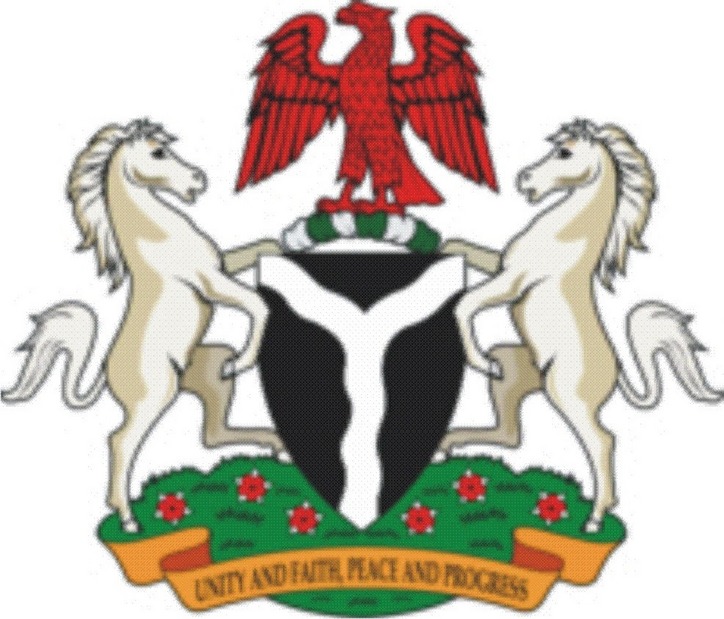Nigeria’s external reserves reduced by a total of $753 million to close at $27.123 billion as at April 28th, compared with the $27.859 billion it was as of April 1.
According to the figures gathered by the Central Bank of Nigeria, the current position of the reserves, which are derived mainly from the proceeds of crude oil earnings represented a decline by $1.855 billion or 6.4 per cent, as against the $28.978 billion it stood at the beginning of this year. Crude oil prices recorded nearly 20 percent climb in April to about $46 per barrel. OPEC crude-oil production surged by 484,000 barrels to 33.217 million a day in April, according to a Bloomberg survey.
According to report, external reserves were expected to decline further due to the settlement of large swap positions between the banks and the CBN. According to estimates, the overall swap books of some Nigerian banks were about $5 billion, with most of it to be paid back this year. However, findings showed that there were some 400-day swap deals that were done in the fourth quarter of 2015. A swap is a derivative in which two counter parties exchange cash flows of one party’s financial instrument for those of the other party’s financial instrument.
Analysts at FBN Quest noted the peak in crude oil price from its recent floor in January, saying the budget assumption of $38 per barrel has started to look conservative. They predicted an end-2016 spot price for Bonny Light of $55 per barrel.
“They said, the global supply/demand balance for crude is set to remain out of kilter until late 2017. Inventory accumulation, data-driven China worries and an uncompromising Saudi stance militate against an earlier recovery.
“The success of the President Muhammadu Buhari agenda rests upon whether its expansionary fiscal stance will deliver the capital spending and the jobs to make its contribution to a revival in the economy. This, in turn, requires that it comes close to hitting its ambitious targets for non-oil revenue generation.
“These are heady projections and the impact of the 2016 budget will not be felt much before the end of the year. Beyond the fiscal, the FGN would do well to clarify its policies and trumpet its successes, given the limits on the patience of voters and markets.
They also predicted that there would be unexciting growth this year and next. A growth of 2.1 per cent year-on-year was recorded in the fourth quarter Q4 2015, which was the lowest in the revised series of national accounts.
Analysts also projected that a combination of government spending, sector-specific reforms and a modest rise in oil revenues should deliver unexciting growth of 3.5 per cent in 2017. FBN Quest predicted that devaluation would be the last resort by the central bank.
“The CBN has stiffened its defense of its exchange-rate policy. We see devaluation under duress and a year-end interbank rate of N230. We see further monetary tightening ahead as the Monetary Policy Committee responds in textbook manner to rising inflation. We also see FGN bond yields in the middle of the curve backing up towards the 14 per cent level in the weeks ahead. The budget deficit target requires consistently large sales of bonds at auction,” the firm added.
Renaissance Capital Limited (RenCap) recently stated that it foresees Nigeria’s forex policy becoming more flexible by mid-2016. The firm, in a recent report said it expects the country’s policy-based budget support to spur a change in the CBN’s forex policy.
The Buhari’s government has described its first budget, which is yet to be signed into law, as reflationary. It plans to accelerate economic growth by spending N6trillion, up from N4.49 trillion that was planned for 2015. Of this, 30 per cent will go towards capital expenditure, up from 20 per cent in recent years.












